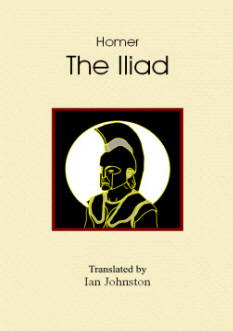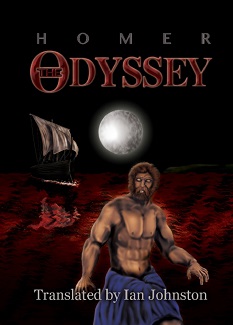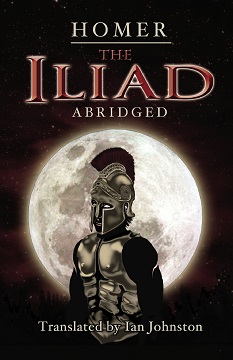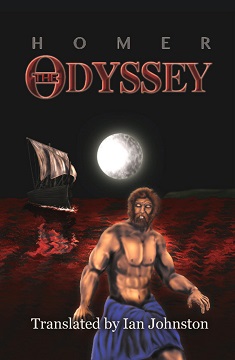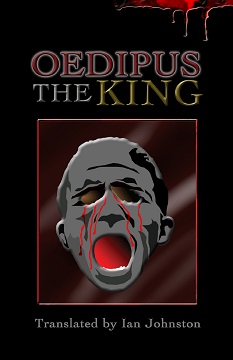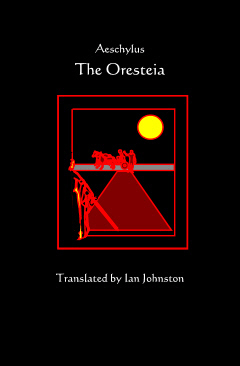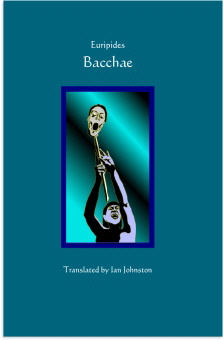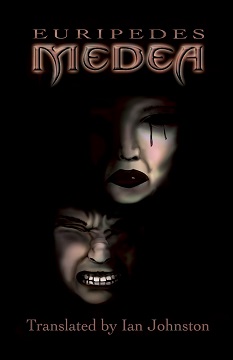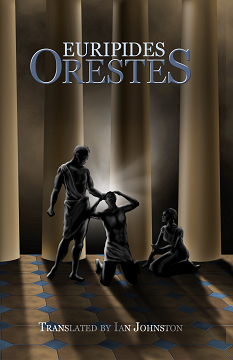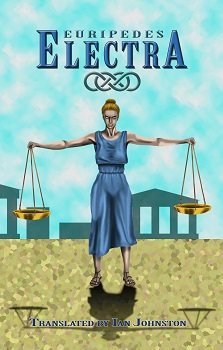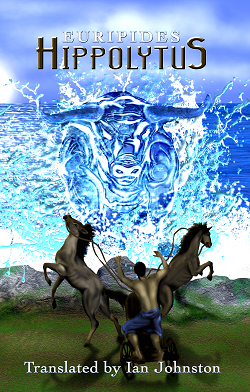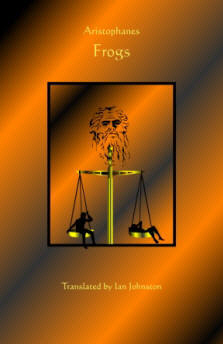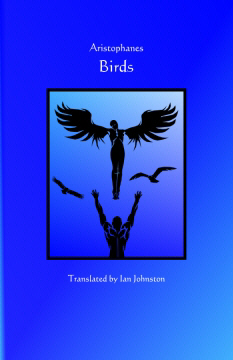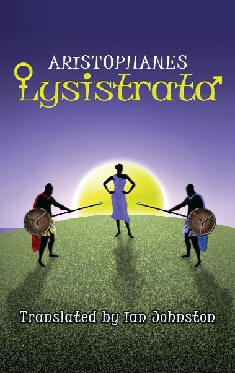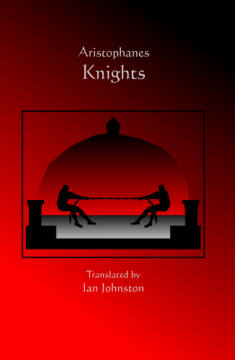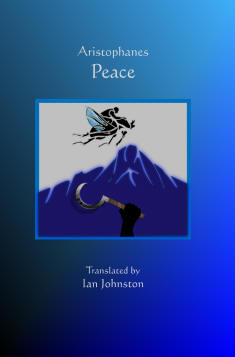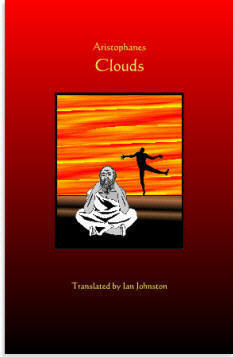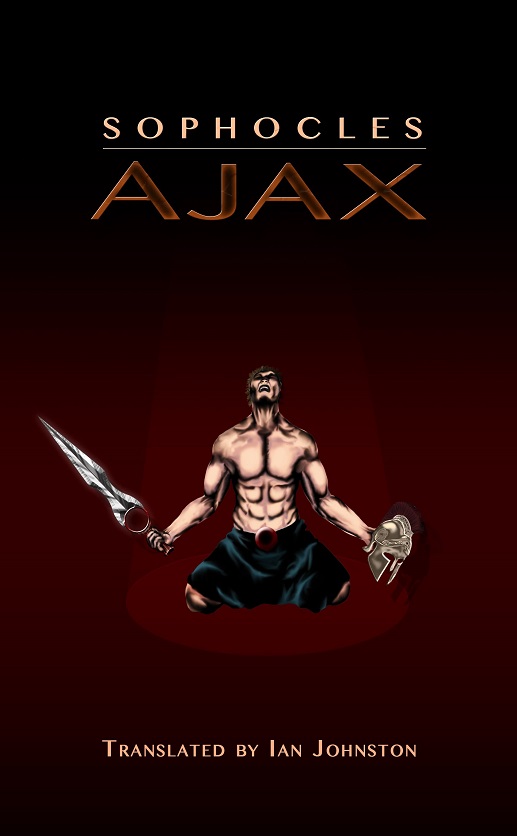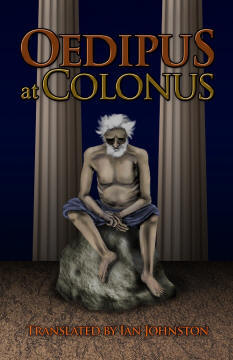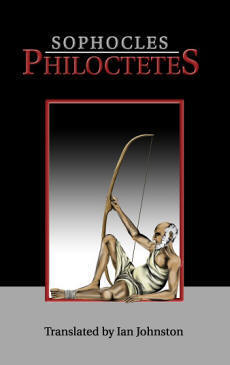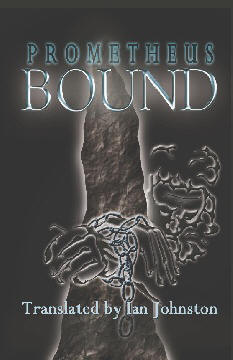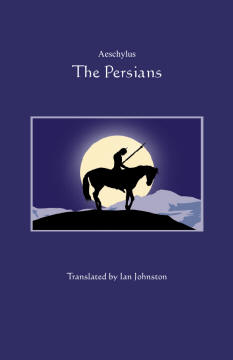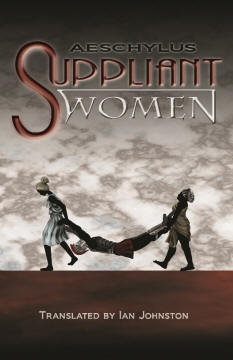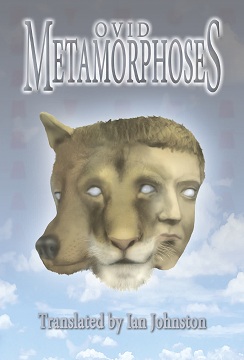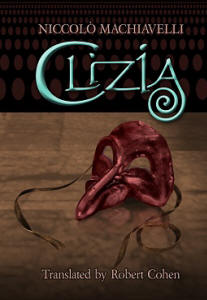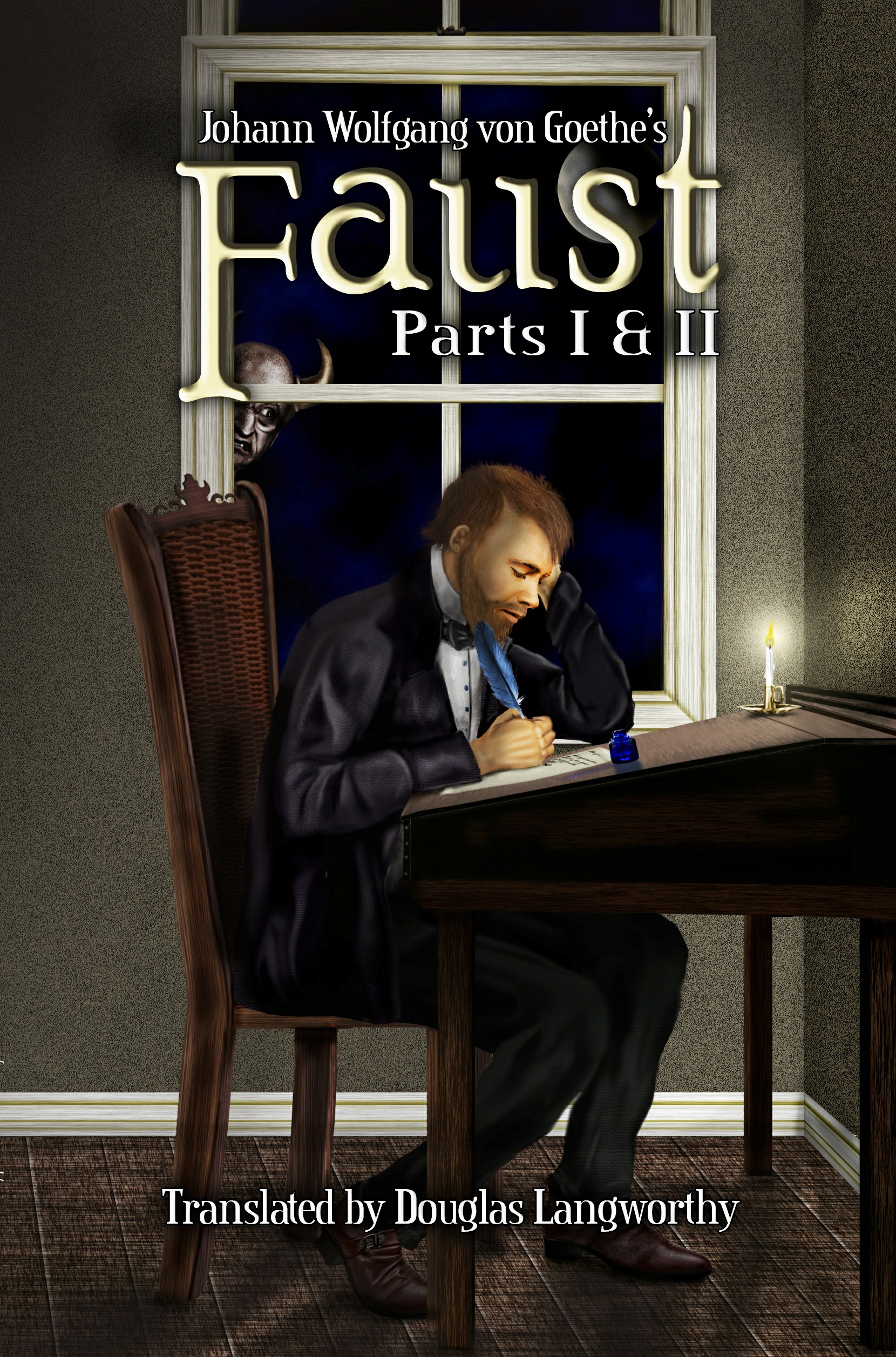Richer Resources Publications
NEW AND RECENT TITLES FROM RICHER RESOURCES PUBLICATIONS
What makes our translations different?
The major characteristic of our translations is their clarity. Many translations deliberately add elements of an outdated vocabulary or verse form which makes understanding difficult for some readers. At the same time, our new translations never use slangy modern colloquialisms. Our translations are true to the originals without being obtuse. The layout on the page is also somewhat different than many other translated materials and is easy on the eye.
The most famous comment about translating Homeric works, for instance, comes from Matthew Arnold. “The translator of Homer should above all be penetrated by a sense of four qualities of his author:—that he is eminently rapid; that he is eminently plain and direct both in the evolution of his thought and in the expression of it, that is, both in his syntax and in his words; that he is eminently plain and direct in the substance of his thought, that is, in his matter and ideas; and, finally, that he is eminently noble.”
We believe our translations meet the first three of these criteria: they are rapid, plain, and direct. And “nobility” (as the classicist Richmond Lattimore observed) is not something one can put into a style. It is up to the reader to decide if the result is “noble.”
We feel that in our translations we have the opportunity to present verse that lives up to all of Mr. Arnold’s criteria for well-translated texts. We have certainly accomplished what have proven to be popular versions of our works, both in the eyes of the students who have read them and in the eyes of classical scholars. Therefore, it is with immense pride that we present these texts to the popular and academic worlds. It is our hope that these texts help bring the classics more broadly to all who wish to read them.
